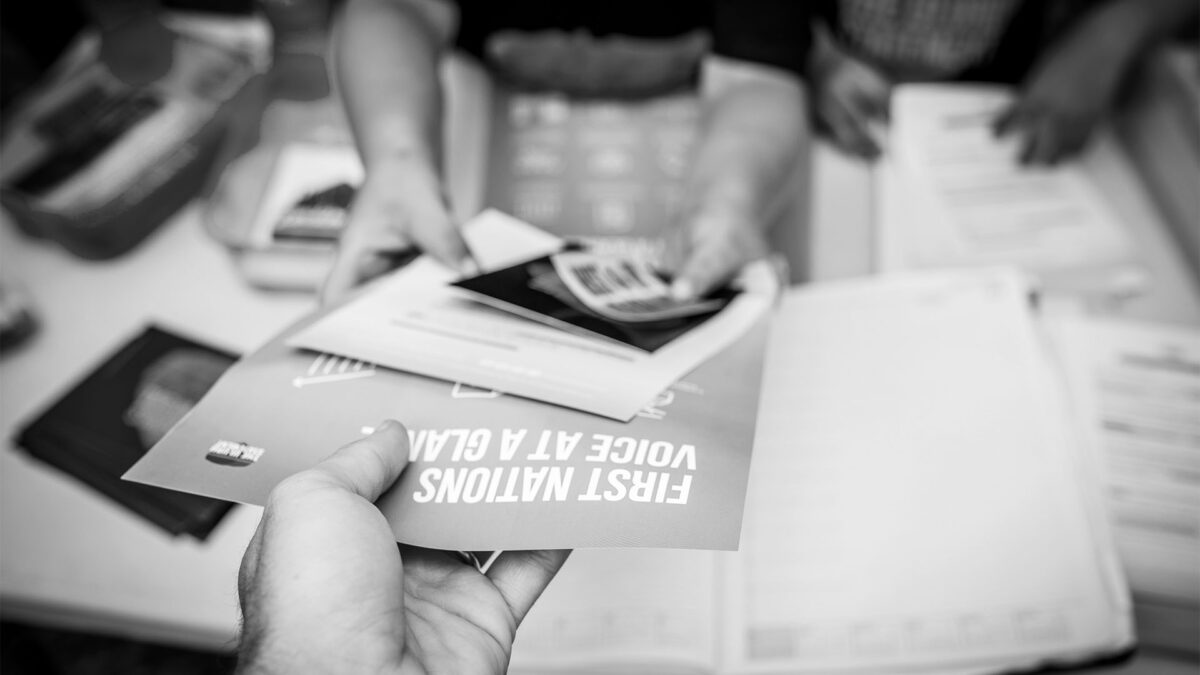‘Snouts in trough’: Voice will get to bottom of tax payers’ wasted billions


(Image credit: Ben Fry / Uluru Dialogue)
A key architect of the Uluru Statement from the Heart says a successful Yes result at the upcoming referendum will allow the proposed Voice to Parliament to find out where billions in Aussie tax payers’ money - intended for Indigenous programs - actually ends up.
Appearing on Sydney radio station 2GB’s drive-time program with stand-in host James Willis on Friday, Scientia Professor Megan Davis said misdirected money is a major concern for not just non-Indigenous Australians.
Prof. Davis is a Cobble Cobble woman and Balnaves Chair in Constitutional Law at UNSW and Uluru Dialogue Co-Chair.

Professor Megan Davis at Uluru earlier this year at the sixth anniversary of the initial reading of the Uluru Statement from the Heart. (Image credit: Ben Fry / Uluru Dialogue)
“Misdirected money intended for Aboriginal communities was a major concern among those who attended the 12 Regional Dialogues held across Australia in 2016 and 2017, which led up to the National Constitutional Convention at Uluṟu in 2017, at which the Voice was designed and announced,” she said.
“It is a shame that misdirected money has been kind of been overlooked as an issue ever since.”
The purpose of the 12 Dialogues and one regional meeting was to consult and educate, resulting in the most proportionally significant consultation process of First Nations Peoples in Australia.
The Regional Dialogues included a sample of First Nations representatives from each area. Representatives were chosen by local First Nations community organisations.
The Regional Dialogues were a unique process in Australia’s history and mark the first time First Peoples had ever been included in a constitutional convention and asked what meaningful recognition meant for them.
“Most of the Aboriginal and Torres Strait Islander people at the dialogues - who, like everyone else, pay tax - were saying the same thing: our taxpayer money goes to a national agency and then they distribute it. There's just so much waste because the majority of the money isn’t hitting the ground.”
During the interview, Mr Willis put it to Prof. Davis that the key government agency, the National Indigenous Australians Agency “has more than 1000 staff and costs $3-4 billion a year to run” which Professor Davis said only highlights the need for an Indigenous Voice to Parliament.
“Critique of the waves of bureaucrats and bureaucracy in the Aboriginal space has been ongoing for decades and decades,” she replied.

The Uluru Statement from the Heart was written in 2017 following the First Nations National Constitutional Convention. (Image credit: Ben Fry / Uluru Dialogue)
“It would be natural, if the referendum result is a Yes, that the agency would at the very least be cut in half, because you don't need their advice - you need the advice from the people who are actually living in communities on the ground, who know what the solutions are because they're living there.
“A big part of the exigency for the Voice, or the urgency for it and why people wanted it, is because of the disadvantage and the problems we have in communities which are under the complete control of bureaucracy.
“It's not just bureaucrats; there's a lot of outsourcing of money to those big accounting firms and to other not-for-profits. There’s a lot of people with their snouts in the trough here.
“A big part of getting the Voice up is to be able to get under the bonnet and take a really good look at what's going on and finding out where the money's going and why we aren’t turning the disadvantage around.”
Mr Willis told Prof. Davis he was “blown away” when the government announced “$423m to give Indigenous communities clean drinking water. I'm like, ‘Well, hang on, hang on. Where is the money going, if in a beautiful, great first-world country like Australia, we've got to fork out half a billion dollars to give Indigenous communities clean drinking water?’”
“It's nonsensical; the drinking water problem is an issue right across a lot of communities,” she said.
“You look at the community of Yarrabah, 40 minutes outside of Cairns. They have copper poisoning in their water pipes. There's a constant shifting of blame going on between the federal government, the state government and the local governments. But is it resolved yet? All that’s come out of it is a lot of newspaper columns written about it.
“It's outrageous that this happens in a really developed, high-income liberal democracy like Australia.”
